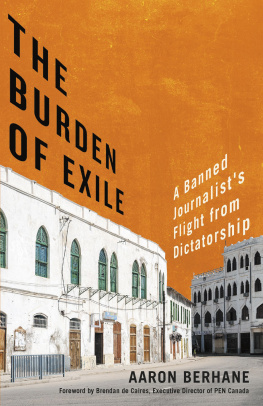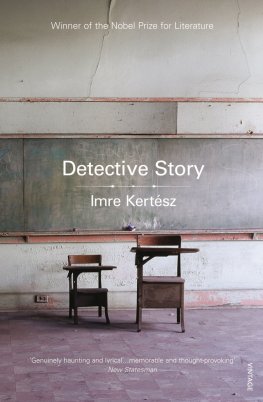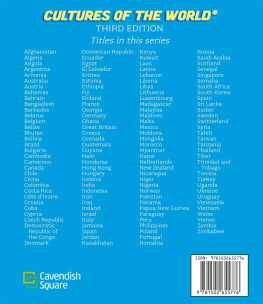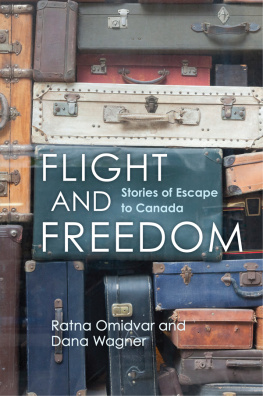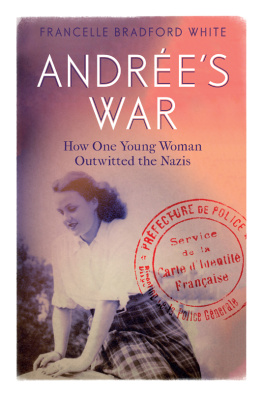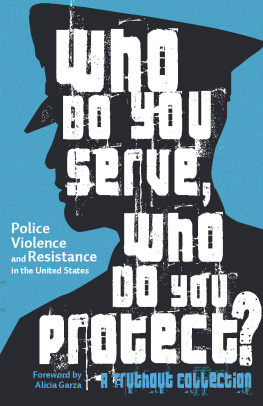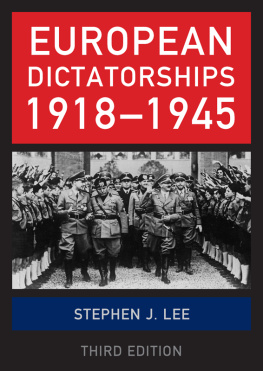Table of Contents
Landmarks
List of Pages
The Burden Of Exile
The Burden Of Exile
A Banned Journalists Flight from Dictatorship
AARON BERHANE
Foreword by Brendan de Caires, Executive Director of PEN Canada

Copyright Aaron Berhane, 2022
All rights reserved. No part of this publication may be reproduced, stored in a retrieval system, or transmitted in any form or by any means, electronic, mechanical, photocopying, recording, or otherwise (except for brief passages for purpose of review) without the prior permission of Dundurn Press. Permission to photocopy should be requested from Access Copyright.
Publisher: Kwame Scott Fraser | Acquiring editor: Russell Smith
Cover designer: David Drummond | Cover image: shutterstock.com/JM Travel Photography
Library and Archives Canada Cataloguing in Publication
Title: The burden of exile : a banned journalists flight from dictatorship / Aaron Berhane ; foreword by Brendan de Caires, Executive Director of PEN Canada.
Names: Berhane, Aaron, author.
Identifiers: Canadiana (print) 20220240566 | Canadiana (ebook) 20220240612 | ISBN 9781459748545 (softcover) | ISBN 9781459748552 (PDF) | ISBN 9781459748569 (EPUB)
Subjects: LCSH: Berhane, Aaron. | LCSH: JournalistsCanadaBiography. | LCSH: ExilesCanadaBiography. | LCSH: Political persecutionEritrea. | LCGFT: Autobiographies.
Classification: LCC PN4913.B33 A3 2022 | DDC 070.92dc23

We acknowledge the support of the Canada Council for the Arts and the Ontario Arts Council for our publishing program. We also acknowledge the financial support of the Government of Ontario, through the Ontario Book Publishing Tax Credit and Ontario Creates, and the Government of Canada.
Care has been taken to trace the ownership of copyright material used in this book. The author and the publisher welcome any information enabling them to rectify any references or credits in subsequent editions.
The publisher is not responsible for websites or their content unless they are owned by the publisher.
Printed and bound in Canada.
Dundurn Press
1382 Queen Street East
Toronto, Ontario, Canada M4L 1C9
dundurn.com, @dundurnpress 


Contents
Foreword
BY BRENDAN DE CAIRES
Executive Director of PEN Canada
WHEN ELEPHANTS FIGHT, THE GRASS SUFFERS. THIS PROVERB COULD SERVE AS an epitaph for Aaron Berhanes life, and for his beloved Eritreas swift descent into autocracy. It was the theme of an editorial he wrote in September 2001 for Setit, a newspaper he had co-founded four years earlier. In it he argued that President Afwerkis confrontation with the G-15 dissidents who were calling for elections and the implementation of the constitution would only harm those already suffering from a shortage of medical supplies, justice, and administrative services. Afwerki responded with a crackdown, jailing eleven of the G-15 group and shuttering the independent press. Aaron escaped, barely; his colleagues at Setit, Admas, Mekalih, Keste-Debena, and Zemen did not. Two decades later, at least five of them have died in Eritreas gulag, which holds anywhere between ten thousand and thirty thousand dissidents. The surviving journalists remain in a legal limbo, having never been formally charged or tried for a criminal offence.
This memoir recounts, occasionally in harrowing detail, what it is like to lose everything short of your will to live. Forced to abandon his wife and three young children, Aaron spends weeks agonizing over his escape from Asmara. Thereafter his life becomes an improvisation. When soldiers corner him near the border with Sudan, he bolts into the desert. Hours of running deliver him to the relative safety of Kassala, home to many ethnic Tigrayans. But there he must disguise himself in suitable clothes and trim his beard in the local fashion. Lesser men would give up at this point, but Aaron rises to the challenge. He mimics prayer in the mosque, dodges awkward questions about his family, and finesses a situation in which he is expected to speak Arabic. When he gets to Khartoum, he hides from Eritrean agents sent to abduct him and negotiates often with only a minimal grasp of what is being said around him further journeys toward his eventual deliverance in Regina, Saskatchewan. Why there, one might ask? Because even though I had no relative or friend who lived there, Canada would expedite a refugee claim.
Among its other privations, exile overtaxes the imagination. It requires heroic amounts of self-belief and an inexhaustible capacity for reinvention. Aaron had evinced both by the time I first met him almost a decade later, relocated to Toronto and publishing Meftih. We worked on advocacy for Dawit Isaak and the other arrested journalists. I introduced him to Rui Umezawa, a PEN member who has sent Dawit a monthly letter for a decade, and we grew close. The three of us corresponded often and met periodically to plan events and campaigns, to ensure that Aarons colleagues were not forgotten. He was always willing to speak up on their behalf and never surrendered his hope for their freedom, of their chance to return to something like normal life.
Eventually, he opened up about his family. I learned that beneath the disarming smile and slow, graceful manner there was deep anxiety. Their prolonged absence had taken a toll; his voice softened when he spoke of his children and he looked vulnerable. When, after a few years, he mentioned an escape plan, I was rattled. We were at the waterfront in Barrie, relaxing after a conversation with high school students about freedom of expression in Eritrea. Escape for the whole family sounded like a pipe dream, but Aaron was quietly confident he spoke like a man who believed in the force of good intentions. Characteristically, I was more doubtful, fearing that something might go awry, forgetting that nearly everything had done so during his own escape. I was delighted when he proved me wrong, a few months later, by bringing his wife, Mielat, to PENs annual general meeting in Toronto. Her presence felt like a miracle, living proof of Aarons quiet determination to make a new life in Canada and to bring his family into it.
Aarons life was a triumph of character. He shouldered the burden of exile with exemplary grace and built a second, happy life from the ruins of the first. I have so many warm memories of his easygoing manner, his polite, over-pronounced English, and his boundless patience in the face of difficulties that it is hard to accept he is no longer here. My late father was also the publisher of an embattled independent newspaper in a lesser-known country and his sudden demise twelve years ago has left an aching void to this day. When I miss either of them, I console myself with the thought that men like these are never truly absent; they may be gone, but they can never be forgotten.
Chapter 1 Farewell
IT WAS AROUND 1 A.M. WHEN I HEARD A CAR PULL UP OUTSIDE THE compound. Then its engine cut. I slipped out of the room Id been pacing in and went to the gate to see who had arrived. Flat on the ground, I peered through a gap between the iron gatepost and the concrete wall that surrounded the compound. I couldnt see the car or the people inside it, but I could make out the voices of two people, a man and a woman.

